English | Size: 4.81 GB
Category: Linux
Every aspiring systems administrator or DevOps engineer, and just about anyone already working in IT should have a solid foundation in Linux server technology.
Much of today’s technology depends on Linux services — such as DHCP, DNS, and directory services – and knowing the basics is the key to building an efficient computer network. Building Linux Servers: DHCP, DNS, and DS (directory services) is an introductory, hands-on course focusing on the installation, configuration, and analysis of open source Debian-based Linux servers that can act as the core servers in a network’s infrastructure. The course is aimed at small and mid-sized business environments (SMBs), but can be beneficial in the enterprise as well. This 4-hour live training also briefly provides comparisons to other Linux distributions such as CentOS, and other technologies and methodologies related to DHCP, DNS, and directory services.
What you’ll learn and how you can apply it
Install a Linux-based Dynamic Host Configuration Protocol (DHCP) server, configure it to supply TCP/IP information to clients, and test its functionality with various client computers. For this course we will focus on the ISC Kea DHCP Server.
Build a Domain Name System (DNS) server, configure it to provide name resolution within our Linux domain, and test it with client computers. For this course we will use the BIND DNS system.
Install and configure directory services within Linux, create basic user accounts and test the functionality of the server from client computers. For this course we will focus on 389-DS.
Test and analyze the three servers to make sure they are working together appropriately and efficiently.
Make comparisons with different distributions of Linux and different methodologies of installation including the use of configuration management tools.
This course is for you because.
You want to learn more about Linux, specifically Linux servers.
You aspire to work as a systems administrator or DevOps personnel.
You currently work as a junior-level sysadmin or junior DevOps engineer and wish to increase your knowledge.
You wish to bolster your resume with the addition of highly-sought after Linux knowledge.
Prerequisites
Basic knowledge of:
Linux commands such as cd, ls, apt install, ip a
Linux editing with either vim or nano
Computer networking
Virtualization
Course Set-up
If you wish to follow along step-by-step with the instructor, then ready the following:
A virtualization environment. The exact environment does not matter, as long as you have the ability to install multiple virtual machines and have them communicate with each other. One example is VirtualBox (free): https://www.virtualbox.org/. Other examples include: Hyper-V, VMware Workstation, KVM (Linux systems only), and Xen. The instructor will be working with KVM exclusively for this course.
At least one installed Debian Linux virtual machine (preferably three). These virtual machines should be installed as servers with no GUI. At the beginning of the installation select “Install” and not “Graphical install” to ensure there is no GUI. Download Debian here: https://www.debian.org/distrib/. The virtual machine(s) will require Internet access.
At least one virtual machine acting as a client. During the course the instructor will use a Windows 10 Professional virtual machine and a Linux-based virtual machine.
Optionally, you can also ready a CentOS virtual machine for comparison.




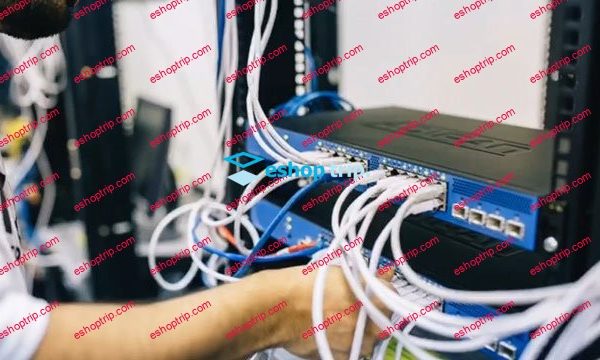
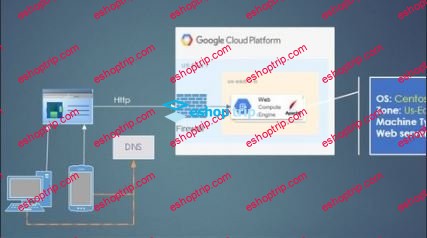

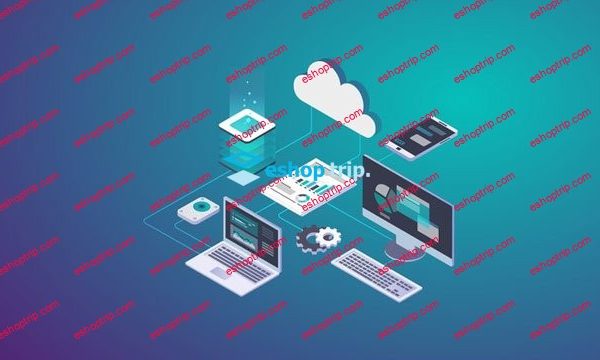
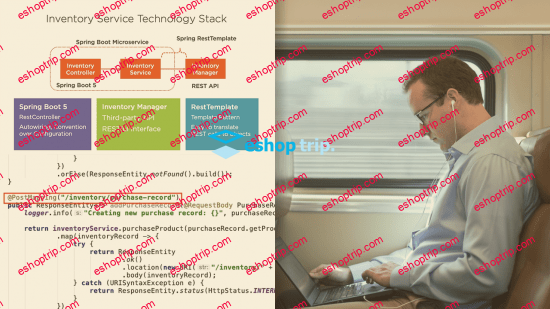

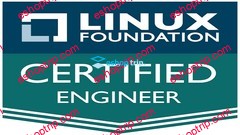
Reviews
There are no reviews yet.